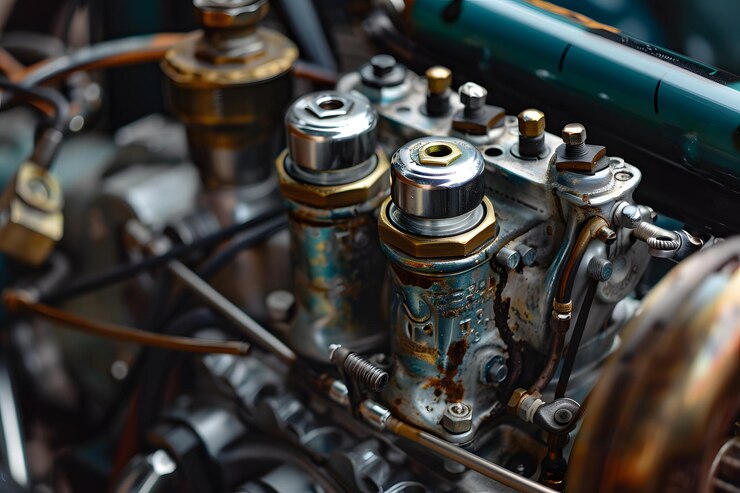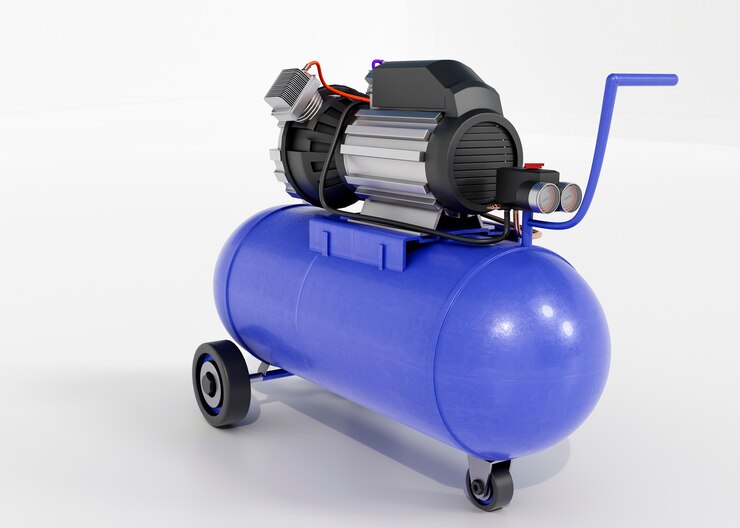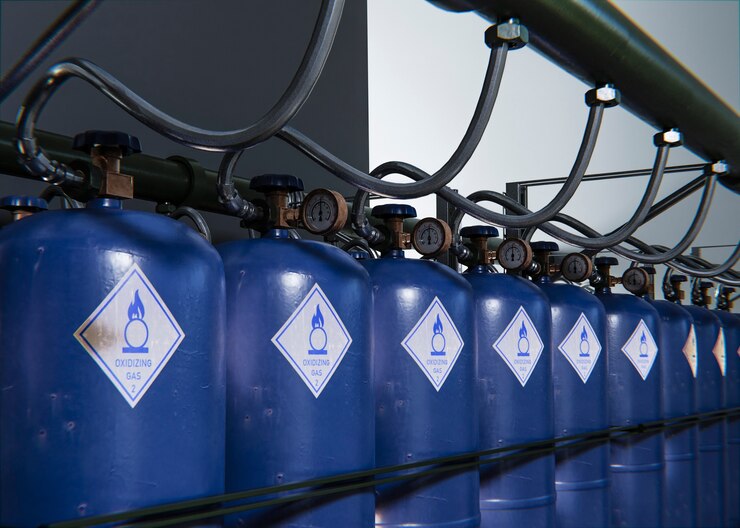Understanding Piston Compressor CNG and Everything You Need to Know
Powering the Future with Efficiency and Reliability with Piston Compressor CNG:
Throughout the available variety of energy options, CNG is proven to be the clean, efficient, and future-oriented type of fuel compared to traditional fossil fuels. This process is anchored by the piston compressor CNG, an engineering wonder that enables the efficient compression and distribution of natural gas. This is a guide that will appeal to anyone from an industry professional to a CNG vehicle owner or anyone who simply wants to understand the mechanics behind the technology of compression. It’s time to explore the variety of piston compressors CNG: their types, advantages, how to maintain them, and many others.
Understanding Piston Compressors for CNG
A piston compressor also known as a reciprocating compressor can be categorized under CNG compressors as they utilize pistons that are powered by a crankshaft to deliver gas at certain high pressures. These compressors are crucial to different extents right from industries to fuel dispensing stations for automobiles. That is why they are designed to have stiff construction and a wide range of applications for efficient compression of natural gas.
What Makes Piston Compressors Essential for CNG?
Efficiency: Piston compressors are said to have high efficiency and they come with high-pressure compression capability. This efficiency guarantees that more volumes of the gas are compressed using less power hence cutting down on costs as well as emissions.
Reliability: Since a piston-type compressor has few parts in motion as compared to other types, much greater dependability and a lengthened life span result. This implies fewer cases of downtimes and maintenance interferences hence the supply of CNG in a more efficient manner.
Versatility: The piston compressor can be either single-stage for low-pressure applications or multi-stage for high-pressure applications and therefore is quite flexible to specifications.
Maintenance-Friendly: Piston compressors enable easy access to delicate parts and this results in easy CNG compressor maintenance implementation.

The Role of Piston Compressors in CNG Infrastructure
CNG infrastructure is therefore the framework of the natural gas economy for the delivery and application of compressed natural gas across the market segments. Piston compressors make a critical contribution to this infrastructure by guaranteeing that the natural gas is compressed suitably and effectively for storage and use.
- CNG Filling Stations
One of the most publicized application areas of piston compressors is in CNG filling stations where the high-pressure air is used to compress the natural gas that is used to fuel vehicles. These stations employ the use of high-pressure compressors to store and dispense the compressed natural gas to the CNG vehicles with the required fill-up in the shortest time possible and with the highest safety measures being met. These consequently determine the efficiency of the station, its throughput rate, and the general operating costs depending on the type of compressor used.
- Industrial Applications
Sectors that rely on natural gas for the generation of electricity, space heating or as a raw material for manufacturing use reliable compression facilities. Industrial compressors provide a constant flow of CNG which makes the operations to run for long without interruptions and/or frequent breakdowns.
- Automotive Sector
CNG vehicles employ the use of an automotive compressor in their operation. It reduces the pressure of the natural gas to the necessary level enabling the vehicles to have the necessary fuel supply for their travel. Thus, in parallel with the increased use of CNG vehicles, there is a rising interest in high–pressure piston compressors.
Choosing the Best Piston Compressor for Your Needs?
When choosing piston compressor CNG, some factors have to be considered to make sure the right one is selected for the highest production and durability. Here’s a comprehensive guide to help you make an informed choice:
- Determine Your Pressure Requirements:
One must have information on the pressure levels needed in the involved application. If you require a low-pressure compressor for some industrial application or a high-pressure compressor for filling CNG vehicles, your requirements will help you select the right one.
- Oil-Free:
Based on your requirements for the purity of the compressed gas that is to be supplied, make your decision from the four options mentioned above. Those that do not require the purity of the conveyed gas must use oil-free compressors while those applications that can tolerate a compressor with oil will use the oil-lubricated compressors.
- Energy Efficiency
Energy efficiency should be the expected characteristic of a compressor; this way, operating costs and environmental pollution are minimized. Additional ones include variable speed drives, frequency inverters as well as sophisticated control systems.
- Budget Considerations:
To save some money choose the most budget-friendly equipment; however, do not forget that the equipment should be maintained at some point, it consumes energy, and it might experience some downtimes. Getting it right as far as the acquisition of a quality compressor goes will pay you back huge dividends in the long run.
How to do Maintenance in Piston Compressors Used in CNG Applications?
Maintenance is crucial since it will help you guarantee that the piston compressor is running effectively and has a longer life span. Here are some essential CNG compressor maintenance tips:
- Regular Inspection
It should be ensured that equipment is checked for any damages, cracks, leakage or any unusual sound during its routine check-up. Maintenance checks can help avoid massive downtimes that are expensive to cater to.
- Lubrication
If the oil-lubricated compressors are used then the oil should be replenished and the oil should be changed as suggested by the manufacturer. This tends to cause rubbing and hence heating up of the parts leading to enhanced wear and tear.
- Cleanliness
The compressor should be kept clean and its environment should also be free from dust, grease and other contaminants. These sensitive components may be covered with dust and debris and this affects the performance of the compressor.
- Monitor Performance
Identify monitoring systems, through which results of the compressor performance measurements can be observed. Anything that is out of the ordinary may be a sign that there is something that has to be fixed.
- Professional Servicing:
Hire people for cleaning and deep checkups now and then. Their professional skills are vital in ensuring that the compressor is well-kept to its
Smart Technologies and Advanced Materials
These include real-time information on device operations, anticipating and addressing hardware failures, as well as optimizing compressor control. This results in higher productivity, less time off work, and utilization of resources in the most efficient manner. They include the employment of improved materials in the manufacturing compressors that improve strength and durability, lighter weight, and better performance among others. These also aid in noise dampening and heat dissipation.
Enhanced Safety Features
As safety consideration is given much importance nowadays, piston compressors are being incorporated with safety measures to protect from mishaps or accidents, monitor leakage, and ensure proper operations even in the most challenging environment.
Conclusion:
Whether you’re looking to buy a piston compressor CNG, seeking insights on CNG compressor maintenance, or exploring options for a CNG filling station, understanding the nuances of piston compressors will empower you to make informed decisions. Embrace the future of energy with reliable, high-efficiency piston compressors and contribute to a greener, more sustainable world.
For top-quality piston compressors and unparalleled support, trust LEiYAO your partner in powering the future with compressed natural gas.



